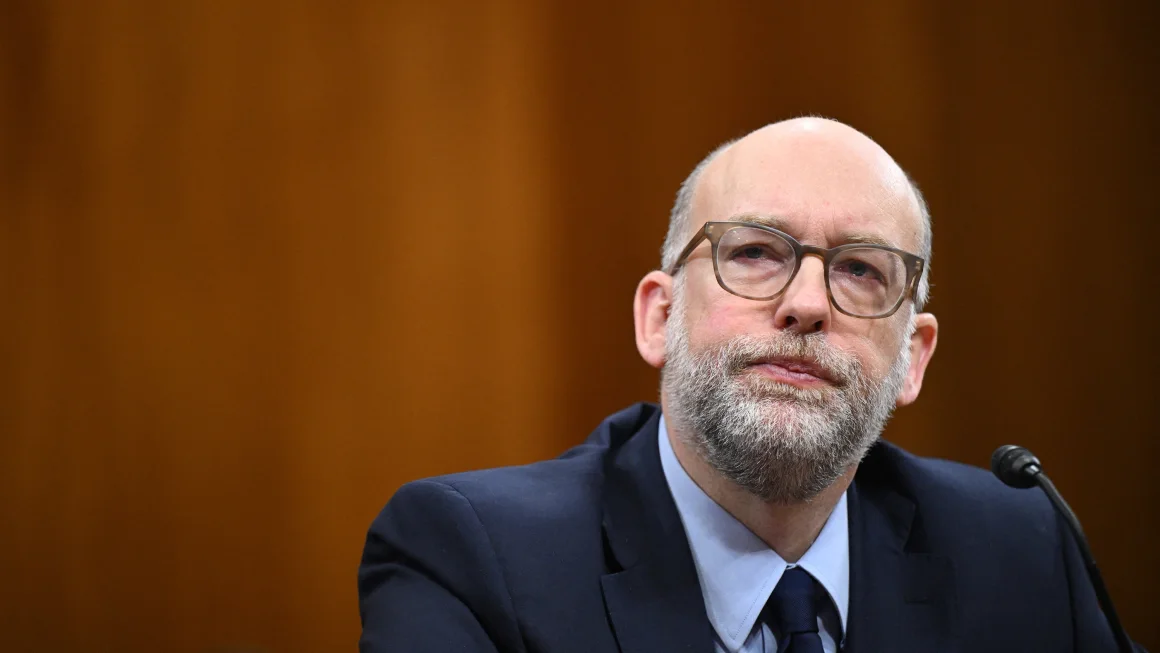Thinking about criticizing your employer online? You may want to reconsider.
While some laws protect employees’ rights to discuss workplace issues, those protections can be limited. A recent case involving a Tesla manager, who was reportedly fired after criticizing CEO Elon Musk on LinkedIn, highlights the risks of speaking out on social media, according to The New York Times. Employers generally have broad authority to terminate employees for reasons they see fit.
“In general, an employer could fire an employee for just about anything, including criticizing the company on social media or anywhere else,” said Jeffrey Hirsch, a labor and employment law professor at the University of North Carolina.
Tesla did not respond to requests for comment.
When Social Media Speech is Protected
The legality of firing an employee over social media posts depends on multiple factors, including employment contracts and workplace policies. In most U.S. states, employment is “at-will,” meaning employers can dismiss workers for almost any reason. Montana is the only state where termination must be for cause.
Employees do have protections under the National Labor Relations Act (NLRA), which allows them to discuss work conditions with colleagues. Catherine Fisk, a professor at the University of California, Berkeley, explains that speech is more likely to be protected if it involves engaging with coworkers about workplace issues. Even “liking” a colleague’s post could be considered protected activity, according to Hirsch.
However, general complaints such as “my boss is terrible” are not protected, warns labor attorney Mark Kluger.
Public sector employees also have First Amendment protections, but only if their speech concerns public interest issues and does not disrupt workplace operations. Teachers, police officers, and other government workers have won lawsuits after being disciplined for social media posts.
Employers’ Social Media Policies: What’s Allowed?
Companies can prohibit false or defamatory statements but cannot outright ban negative comments about workplace conditions. The National Labor Relations Board (NLRB) has ruled that overly broad social media policies may discourage employees from discussing work-related concerns.
While employees can critique workplace policies, employers can restrict posts that disparage company products or services. Businesses also commonly prohibit sharing trade secrets or making posts that misrepresent the company.
What to Do If You’re Fired for a Social Media Post
If an employee believes they were unfairly fired for a protected social media post, they can file a complaint with the NLRB. The board investigates cases at no cost to the worker. If the case has merit and the employer does not settle, the NLRB can reinstate the employee and award back pay.
Hirsch notes that many employees—and even lawyers—are unaware that non-union workers may have these protections. The process can take time, but clear evidence of wrongful termination can lead to favorable rulings.
The political climate can influence workplace social media policies, particularly during election seasons or major social events. Kluger notes that companies become more cautious about employee speech during times of heightened debate.
While laws offer some protection, employees should still be mindful of their company’s policies and the potential consequences before posting about work online.














